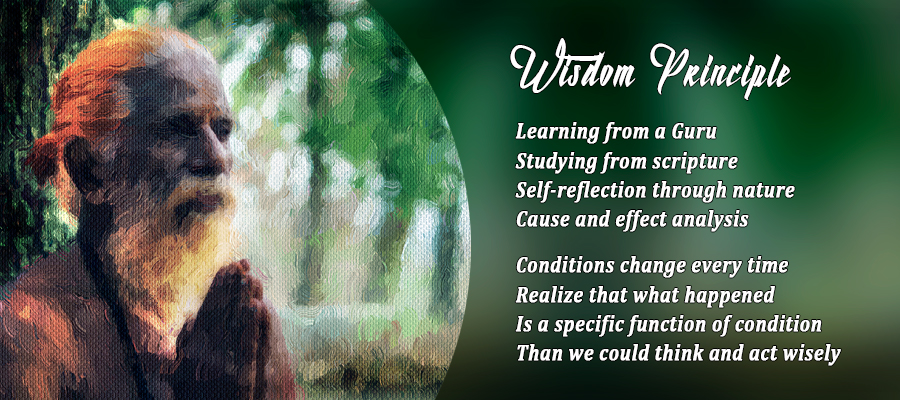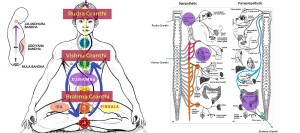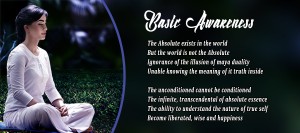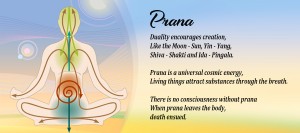It is important to have a balanced diet and to use even sleep as a time to strengthen your practice. You should guard the gates of your senses and live with mindfulness, with care. The point is that the actual formal sitting sessions and the periods in between sessions should be complementary, each enhancing the quality of the other. Learn to use twenty-four hours every day to foster virtue through one means or another.
Nobody wakes up early in the morning thinking, “Today I really should have more trouble. I ought to have more conflicts and anger.” Instead we think, “Today I hope for a very peaceful day, a free and happy day.” Nonetheless, we see many problems. On this planet with six billion human beings, no one wants trouble. But there is still plenty of trouble—most of it caused by us, by human beings. This seems very clear. We really do want what is good, but our minds are completely dominated by afflictions. These mental afflictions are based upon ignorance at many levels, including the ultimate ignorance and coarser levels of ignorance. These ignorant, deluded minds simply do not know reality. Deluded minds look at things from just one angle and decide, “Oh, this is bad,” or “This is good.”
Meditation means learning to control our minds, thereby protecting our minds from domination by delusion and other afflictions. We may think, “Oh, I wish my mind were not dominated by ignorance and other afflictions.” But these afflictions are very powerful and very destructive; they operate despite our wishes. We have to work to develop effective countermeasures. We cannot buy such remedies from a store; even very sophisticated machines cannot produce them for us. They are obtained only through mental effort, training the mind in meditation.
Meditation means making our minds familiar with these countervailing forces, becoming habituated to them day by day, week by week, month by month, year by year. Even lifetime after lifetime, the effort still continues. Gradually, these countervailing forces become stronger and, as they do, the afflictions automatically recede because they are incompatible with these new mental states. The two are contradictory in the sense that they cannot exist together.
The course of our actions is dictated by our minds and our minds in turn are dominated by and dictated to by afflictions. On this account, even though we wish for happiness, we end up with suffering. We are very familiar with and habituated to undisciplined mental states. Engrained over many lifetimes, such mental states seem spontaneous and natural. When we meditate so as to develop antidotes, we are going against the grain. We are learning new skills, a new way of thinking, a new way of being. So at first these antidotes are very weak, but over time they become stronger and, as they do, the afflictions become weaker.
Afflictions are tremendously diverse and incredibly opportunistic. Whenever there is an opening, they find one way or another to manifest. So it is important to understand them and to recognize them, to know how they appear in our minds. For example, we tend to regard attachment as a friend. It is a quality of our mind that tends to pull others towards us, so it helps us bring together conditions that we deem helpful for our survival. Anger and hatred are mental states that arise in relation to an obstacle; we tend to feel that they are there to protect us against things we don’t want. We regard them as trusted friends, safeguarding us.
Responding to the diversity and ingenuity of the afflictions, we need powerful and diverse antidotes. Many Guru’s heaps of teachings on the literature explaining these teachings includes huge numbers of extensive treatises. There is a single, ultimate aim behind all of these teachings to help us to find peace of mind. But we need a vast array of teachings and practices because the afflictions that disturb us are so diverse. Also, they manifest differently in different individuals. If we examine the afflictions themselves, how they function in our minds, and the internal and external conditions that give rise to them, then we are better prepared to develop antidotes. It is not enough to recognize the destructiveness of the afflictions and then make a wish for them to go away. We have to be very deliberate in cultivating their antidotes.
Wisdom for antidotes to the afflictions :
- Wisdom derived from study
- Wisdom derived from reflection
- Wisdom derived from meditation
Wisdom derived from study
Wisdom derived from study comes from listening to a teacher or studying a text. In these ways you can develop an intellectual understanding of the characteristics of the afflictions and the appropriate antidotes for each. On the basis of this intellectual understanding, you must then reflect critically and repeatedly, deepening your understanding until you have a genuine sense of conviction about the efficacy of the antidotes.
Wisdom derived from reflection
Up through this second level, your meditation is primarily analytic. As you engage in critical reflection and meditative analysis, you have to use reasoning based on four principles, these being the four avenues by which we engage with reality. These are :
- the principle of nature
- the principle of dependence
- the principle of function
- the principle of evidence.
For example, investigating the mind in terms of the principle of nature, we find that it is characterized by being clear and knowing. Again, in terms of the principle of nature, we find that all mental states change moment by moment. They are transient, evanescent. Also within the mind, we see the operation of incompatible contradictories.
For example, we know that hatred and anger towards someone are contradictory to loving-kindness and compassion towards that person. These opposing forces contradict one another so that we cannot have both feelings at the same time. They are like heat and cold, opposing each other so as to preclude coexistence. This idea of incompatible contradictories is again part of the principle of nature.
When, based on analysis of nature, you then analyze cause-and-effect relationships, this is the principle of dependence. Recognizing these causal relations, you can come to understand the specific functions of different mental states. That each thing in this case, each mental state has its own distinctive function is the principle of function. T
hen, understanding these three principles, you can use logical evidence. Given that such and such is the case, something else must logically follow.
Using these four principles in analysis, you can bring to bear the correct antidotes against each affliction as it arises in your mind. Based on this sort of analytic meditation, you can then move to the third level wisdom derived from meditation.
Wisdom derived from meditation
Here your meditation becomes more in the nature of absorption, with less analysis. The primary approach is to maintain a single-pointed placement of the mind upon a fact that you have determined in analysis. Through meditating on this fact with single-pointed attention, this fact becomes ever more evident, until you have attained wisdom deriving from meditative practice.
These are the steps through which we transform our minds from misery to peaceful.





